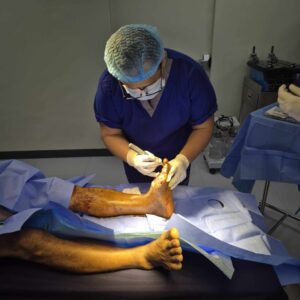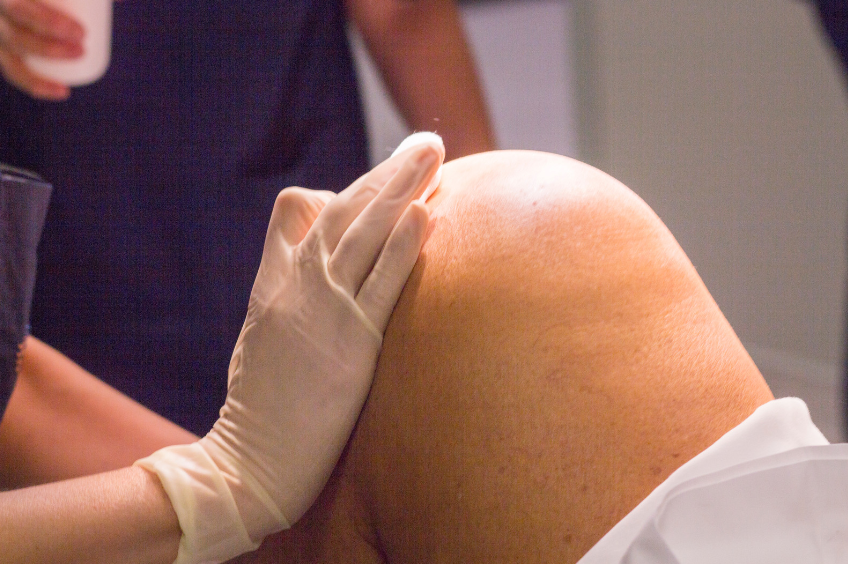Knee surgery is becoming increasingly common as people seek solutions for mobility issues and sports injuries. While the focus is often on physical recovery, it’s essential to recognize and address the significant psychological impact that knee surgery can have on patients. Coping with these emotional challenges is crucial for a successful overall recovery from knee surgery.
Understanding the Psychological Challenges
Emotional Impact: Facing knee surgery can be daunting, triggering anxiety and fear in many patients. The uncertainty about the outcome and the recovery process itself can exacerbate these feelings, making it essential for individuals to prepare mentally for the journey ahead post-Knee Surgery.
Loss of Independence: The temporary loss of mobility and independence post-knee surgery can lead to feelings of frustration and helplessness. Simple tasks that were once taken for granted, such as walking or climbing stairs, may become challenging. This sudden change in lifestyle can significantly affect a patient’s emotional well-being, highlighting the importance of psychological support during knee surgery recovery.
Coping Strategies During Recovery
Education and Preparation: Understanding the details of knee surgery and having realistic expectations about the recovery process can alleviate anxiety. Healthcare providers play a crucial role in educating patients about what to expect pre and post-Knee Surgery, empowering them with the knowledge needed to navigate this challenging time.
Building a Support System: Support from family, friends, and healthcare professionals can provide much-needed emotional support. Sharing experiences with others who have undergone similar procedures can also be comforting and reassuring. Online forums and support groups can connect patients with a community of individuals going through similar experiences, offering empathy, advice, and encouragement during the recovery process post-Knee Surgery.
Psychological Therapy and Counseling
Professional Guidance: Therapy sessions with a qualified mental health professional can help patients manage anxiety, depression, and other emotional challenges associated with knee surgery. Techniques such as cognitive-behavioral therapy (CBT) can be particularly effective in addressing negative thought patterns and promoting positive mental health during the recovery phase after Knee Surgery.
Physical Rehabilitation and Mental Well-being
Holistic Approach: Physical rehabilitation is not just about restoring mobility; it also plays a vital role in improving mental well-being. Engaging in structured physical therapy exercises post-Knee Surgery not only strengthens the knee but also boosts mood and confidence as patients regain their physical abilities gradually.
Lifestyle Adjustments and Mental Resilience
Adapting to Change: Accepting temporary limitations and focusing on achievable goals can help patients maintain a positive outlook during recovery from knee surgery. Setting realistic expectations and celebrating small victories along the way can contribute to mental resilience and overall well-being.
Takeaway
The psychological impact of knee surgery is profound and often underestimated. Coping with the emotional challenges requires a comprehensive approach that includes education, support, therapy, rehabilitation, and a positive mindset. By addressing these aspects of recovery, patients can enhance their overall well-being and achieve successful outcomes post-Knee Surgery.










